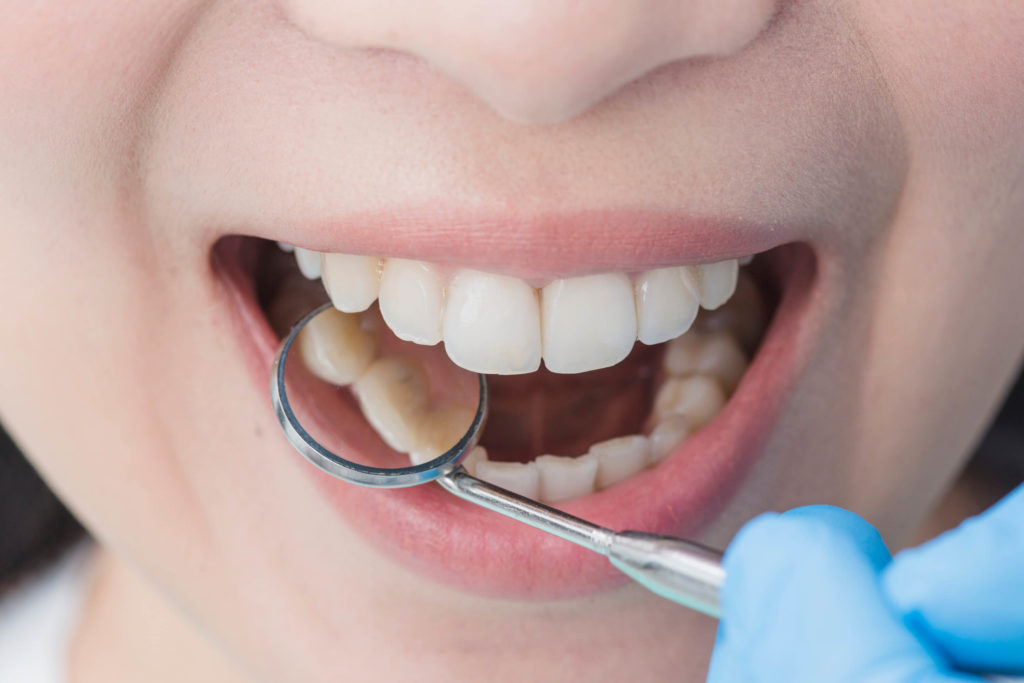
A tooth extraction might sometimes be the only thing standing between you and optimal dental health. If you seek to prevent an infection or address a severely damaged or impacted wisdom tooth, Dr. Kenneth Higgins in Grand Prairie, an experienced medical practitioner, is fully equipped to offer you a lasting solution using simple and surgical extractions. Contact IDTC Dental Center offices to get the most of your treatment.
What are Tooth Extractions?
Tooth extraction is a medical procedure to remove an adult or baby tooth. There are two major kinds of extractions available at IDTC Dental Center LLC:
· Simple Extraction
A simple extraction involves removing a tooth by its crown. In this type, your tooth’s crown portion must be visible. This simple procedure demands minimal recovery time and most simple extractions heal swiftly without sutures.
· Surgical Extraction
During a surgical extraction, an incision is made in your gums to expose the tooth underneath. Afterward, your providers apply small dental instruments to remove the tooth before suturing your gums.
When Do I Need a Tooth Extraction?
Tooth extraction is usually a last resort when other options seem inefficient. Your specialists may recommend a tooth extraction for reasons such as:
· Infection
If your tooth infection reaches the pulp in the center of your tooth, your specialist might recommend root canal therapy to eradicate your infection. However, if the condition returns, the experts may extract the tooth to prevent the infection from spreading.
· Decay or Severe Damage
If you have a damaged or decayed tooth, your specialist may try restoration procedures such as crowns, fillings, or veneers. Sadly, in some cases, the damage may be too severe to repair. To avoid additional damage, the team may resort to tooth extraction.
· Impacted Wisdom Teeth
Wisdom teeth are third molars that generally arrive between the ages of 17 and 21, and as late as 25. Since the rest of your teeth are mature by the time wisdom teeth arrive, your mouth may lack sufficient room to support them. Therefore, they might become impacted, emerge sideways, or breakthrough your gums partially.
What Occurs During a Wisdom Tooth Extraction?
When you come in for your wisdom tooth extraction, you will receive anesthesia to keep you comfortable during your treatment. Next, your provider makes a small incision in your gums to fully extract your teeth. If your wisdom tooth appears cracked, your IDTC Dental Center LLC provider may have to remove it in several pieces, minimizing your chances of infection.
After your procedure is complete, your practitioners suture your gums and use gauze to pack your mouth, reducing bleeding. Because anesthesia may make you feel groggy, you should remember to arrange for your ride home after treatment. Although swelling is common after a wisdom tooth extraction, a cold compress and anti-inflammatory medications can reduce inflammation and relieve pain. You should take soft foods and liquids after a wisdom tooth extraction. You should also avoid eating solid foods or sucking through a straw during your recovery.
Do you seek to achieve optimal oral health? Tooth extraction may be your most ideal treatment. To learn the facts behind tooth extractions, contact IDTC Dental Center LLC. Call the offices or schedule an online appointment today.






More Stories
Inheritance Loans – What They Are and How They Work
Getting Personal Loans With No Credit Checks: Loan Opportunity For Bad Credit Borrowers
How Do You Obtain An Unorthodox Loan?